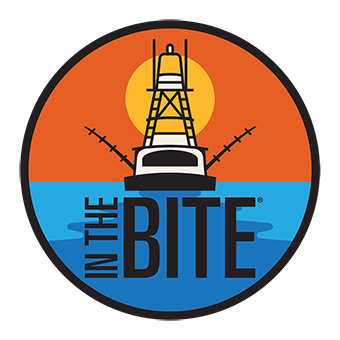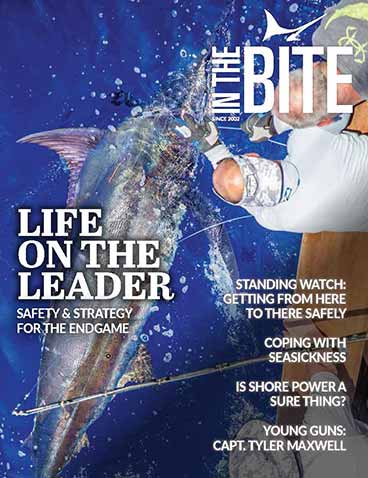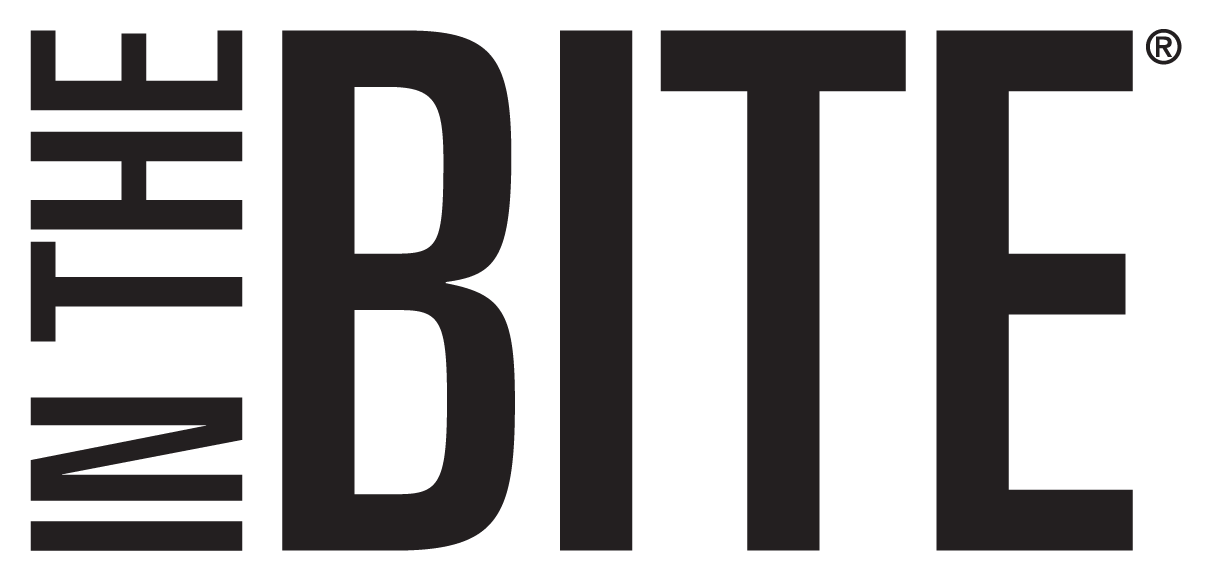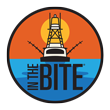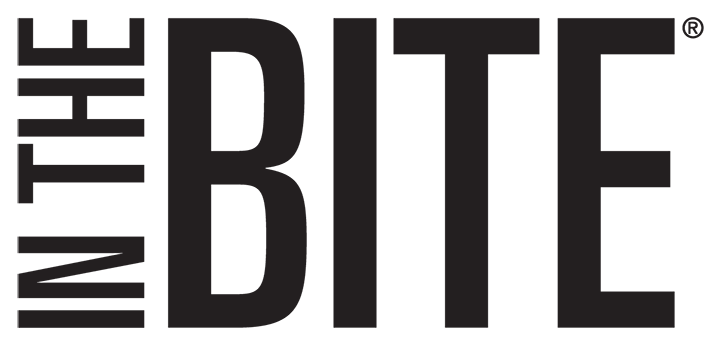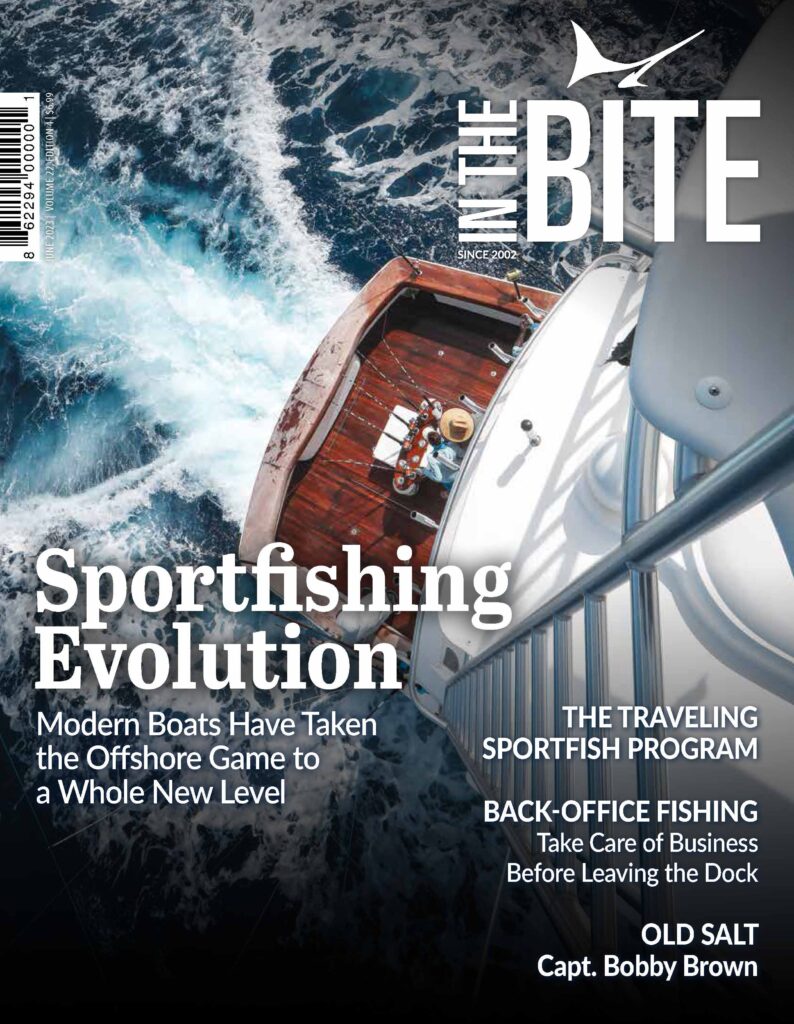Table of Contents
Introduction: The Complexities of Sportfishing Employment
The business of fishing can make the actual fishing appear easy! While you worry about boats, tackle, conditions, entertainment, crew, tournaments, and everything else that goes along with the business, it’s easy to forget about yourself (and taxes). In its simplest form, the question is “how do I get the most out of my job?” Alternatively, as an owner, it’s important to determine the best structure for your program. Everyone is different and there is no “one-size-fits-all. We hope this guide helps with your Sportfishing Employment Strategies.
Understanding Compensation Options
One of the primary employment issues is compensation, and there are myriad ways to be compensated by your owner and/or company. These range from being a salaried employee, to an independent contractor, to cash money. What’s the best and what are the advantages of each?
Benefits of Being a W-2 Employee
For most folks, the “best” and most preferable situation would be a W-2 employee. This is the traditional employee structure where the employee is paid through the employer’s payroll and has their payroll taxes withheld throughout the year. As an employee, there isn’t much you’d need to do, other than not get fired! W-2 employers are beneficial because it’s easy for a bank or other lending institution to determine your credit worthiness for a loan or mortgage. A W-2 captain and/or mate situation is more likely to occur when the owner owns a large business. Often, the captain and crew can easily be added to the company payroll with little headache.
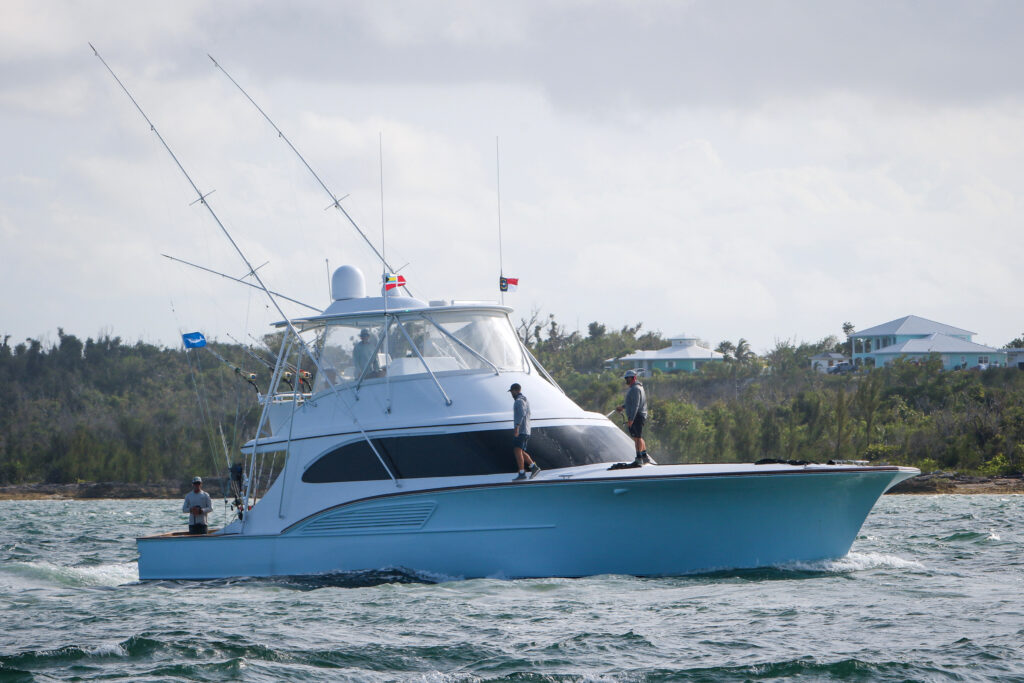
Independent Contractors: The 1099 Structure
A 1099 employee is not an employee at all, the correct terminology is “independent contractor.” These individuals are known as freelancers or self-employed. Unlike W-2 employees who are entitled to standard benefits, a 1099 employee provides a service to a company but is not an official employee of that company.
Establishing Clear Job Specifications For Sportfishing Employment Strategies
An important part of being a 1099 captain involves clearly establishing your duties and job specifications. Make sure everything you can think of is in writing, including fishing days, workdays, maintenance, tournaments, fish sales, pay, travel, and any stipend (such as a health insurance stipend). As the saying goes, if it’s not in writing, it didn’t happen.
LLC Creation for Self-Employment
Another benefit of being self-employed is the ability to create your own company. For instance, a captain or mate could create “Captain XYZ, LLC” and get paid or pay himself though the company. An LLC stands for limited liability company, and it’s a very flexible legal entity which functions as a company. LLC’s range from single member companies to multi-billion-dollar enterprises. The beauty in an LLC is its ease of creation and flexibility.
For example, in North Carolina it cost $125 to create and file an LLC, and can all be done over the computer. Once you create your LLC, you go to the IRS website and request an EIN (Employer Identification Number). At this point you have a business that can get a bank account, credit card, etc. Instead of getting paid personally, you can have the owner/boss pay your LLC, and then you can pay yourself in whatever fashion you’d like.
An LLC is also a form of cheap insurance. If something were to happen, and assuming you keep your personal life separate from the company, your only liability in a lawsuit would be the assets of the LLC, not your personal assets (i.e., your car, house, belongings, etc.). You have to run your business like a business, and not commingle personal funds with company funds. Again, there are numerous deductions and write-off opportunities available in the 1099 structure, but best practice is to meet with a good accountant to guide you through the process and provide advice.
Navigating Taxes for Different Employment Structures
Taxes: Taxes suck, but are better than jail. As a W-2 employee, the taxes are taken out of your paycheck. A 1099 employee is responsible for his/her own taxes. So if a W-2 salary is $100, then a W-2’s paycheck might be $70. The employer deducts the $30 of various taxes from the paycheck. If an owner pays a 1099 employee $100, then the 1099 employee gets $100. This sounds great, but unfortunately the 1099 employee is still on the hook for their share of taxes. The good news is that a 1099 employee can write off business expenses in addition to your standard deductions. This is where a good accountant comes in, as he/she can advise you of all the deductions and possible tax savings scenarios of a 1099 employee.
The Reality of Cash Payments
Is cash king? Remember, you still must pay taxes on cash earnings. An import factor in reportable earnings is your future borrowing power. Banks prefer (by a longshot) a W-2 employee for lending purposes. Obtaining a mortgage with a W-2 income is fairly easy and straightforward, assuming you qualify. A 1099 employee is a different animal. For reasons unknown to me, it’s almost like banks treat 1099 employees as criminals. It’s infinitely more difficult to procure a mortgage or loan. Often you need to turn over years of tax returns and jump through hoops.
For that reason, it’s vitally important to show income on your tax returns. Many individuals brag about paying no taxes due to business expenses and write offs, but when you go to a bank, they see you as a business making no money, thus they won’t lend. You and/or your company need to show income to increase your credit worthiness. Having the ability to borrow money for a house or investment property(ies) can be a game changer when it comes to passive income to supplement your fishing earnings.
Also, be aware of your classification within the payroll company or manager system. Best practice is to communicate with these individuals to make sure you are correctly classified as either 1099 or W-2. It’s not uncommon for crew to be hired as W-2, but the payroll folks incorrectly assign them a 1099 status. In that scenario you would be hit with a very unexpected tax bill. Also, just because you may be working abroad – Bahamas, Costa Rica, Panama, etc. you still must pay US taxes on your earnings (assuming you are a US citizen). It doesn’t matter if you are or are not in the United States. You should always consult a tax professional with any questions or concerns, it’s money well spent.
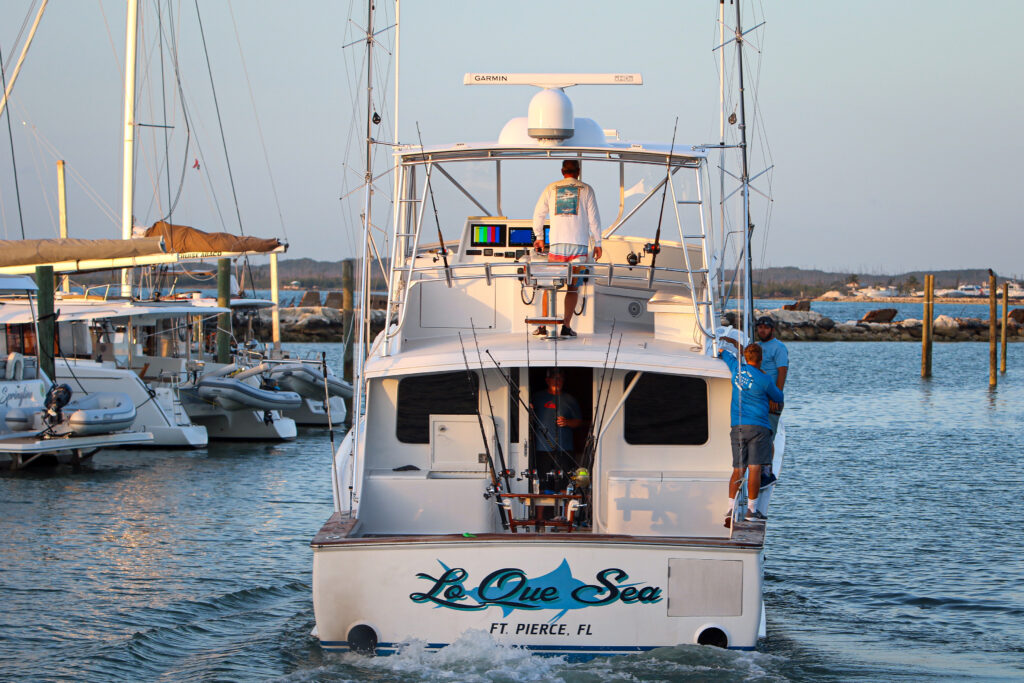
Health Insurance and Insurance Policies
Also consider health insurance when looking for a new position. This seems like a dumb statement, but the older you get the more expensive health insurance becomes. An employer who provides subsidized health insurance is huge, and an even bigger deal if you have a family. Paying for health insurance out of pocket for a family of four can cost over $1,500 per month. Even if you are a 1099 employee you can try to negotiate an insurance stipend to help ease the burden.
Make sure you are covered under the boat’s insurance policy. People make mistakes every day, so it’s important for you to know that you are covered if something happens on your watch. Let’s say you are running the boat, and run aground injuring a passenger. The boat’s insurance coverage should provide coverage and counsel to represent you. It’s a good idea to have personal umbrella liability coverage just in case: This coverage is typically cheap and provides good peace of mind.
Financial Planning and Savings
Some other thoughts about money in this career, try to be intelligent! If you win a bunch of money, think for a few days if you really need that new truck to replace your two year-old truck. Compounding interest is the eighth wonder of the world, and even when the stock market might appear in the dumps, historically it gives a pretty great return. If you are a W-2 employee for a large company, you might have a 401K and/or other perks. If not, you should start (and max out) a Roth IRA. The younger you start, the more you will earn. Nothing is forever, and it’s important to get a head start on retirement savings and earnings.
If financial stuff makes your head spin, find a financial advisor to help guide you. They can be inexpensive and an invaluable asset to help your finances grow and plan for the future. If you have a family, get some disability and/or life insurance. Better yet, see if these benefits are available as a job perk. Disability insurance is often overlooked, but fishing can be dangerous, and disability insurance is another tool to protect yourself for the future. You should make a will as well. A simple will is inexpensive and if something happens to you, it’ll save your family frustration and money. Make sure the beneficiaries of your bank and retirement accounts actually match who you’d like to designate. Times and people change, it’s important to visit these accounts every few years.
Conclusion: Preparing for the Future in Sportfishing
The marine industry, especially those jobs down in the trenches like a captain and mate, is an absolutely fascinating and exciting way to earn a living. There really isn’t anything like it, but it can also be a fickle beast. Often it seems you are at the whim of either the economy or a single boat owner. If either of those go sideways, you might have little or no notice and be looking for a new position. Don’t live in fear, but always be prepared and ready in case something happens. Working in a successful sportfishing operation is all about planning and preparation for yourself and your family!
About the Author: Winslow is an attorney at Taylor & Taylor Attorneys at Law PLLC (www.t2legal.com) and former mate and USCG licensed captain. Between UNC Chapel Hill and Wake Forest School of Law, Winslow spent four years charter, commercial, and tournament fishing throughout the East Coast, Bahamas, and Costa Rica. Winslow is licensed to practice law in North Carolina and his legal practice includes maritime/admiralty, personal injury, USCG licensing/disciplinary matters, and general business issues. When not working you can usually find him somewhere on the Crystal Coast spearfishing, offshore chasing pelagics, or just cruising on his skiff with his wife and daughter. Winslow is happy to answer any questions and he can be reached at [email protected].
Don’t Forget to Check Out Our Sportfishing Job Board! Did You Know? It’s the perfect platform for seeking skilled captains and mates. Whether you’re on the hunt for your dream team or looking to join one, your next big adventure begins here. Explore the opportunities now! Click Here
Dive Deeper into the World of Sportfishing
Unlock Exclusive Savings: Enjoy 50% Off Your Subscription!
Are you ready to explore the thrilling world of sportfishing from the comfort of your home? Subscribe now and embark on a journey filled with captivating stories, expert insights, and insider tips. Choose between our digital or print edition and secure an incredible 50% discount on your subscription.
Subscribe today and get ready for an adventure like no other. Click here to subscribe and elevate your sportfishing experience with InTheBite Sportfishing Magazine.
